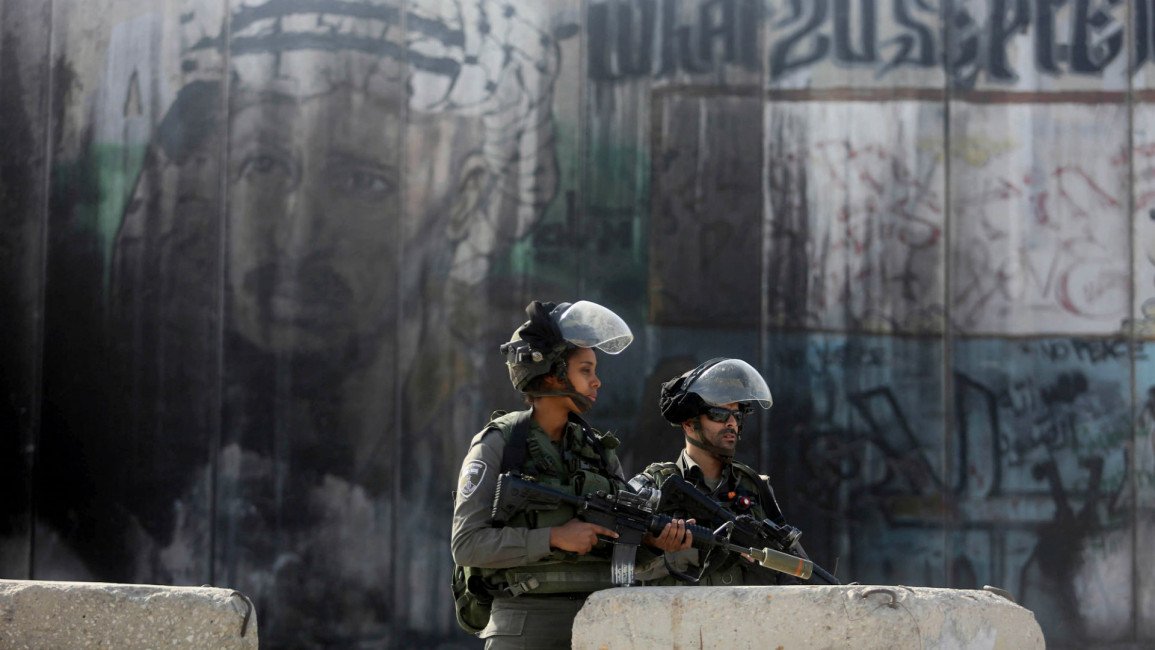Israel returns bodies of Palestinians killed by military
Seven Palestinian bodies were returned to their families, the Israeli military said on Friday, all of whom were killed over the past six months during clashes with security forces in protests or during arrests.
The move was "in accordance with government directives," a military spokeswoman told AFP, and came a week after the Israel government informed the High Court it would be willing to return seven out of 10 bodies of Palestinians from the occupied West Bank that it had been holding.
The remaining three were not to be returned at this point because they were affiliated with the Hamas movement.
Four of the Palestinians whose bodies were returned on Friday came from the Hebron area of the southern occupied West Bank - focal point in the recent wave of violence - with the other three hailing from the Tulkarem and Nablus areas to the north.
One body belonged to a man who was shot dead by police in September, while another allegedly assaulted Israeli soldiers during a riot in October, the spokeswoman said.
The other five - one of them a woman - were Palestinians who had either attempted to or succeeded in carrying out stabbing or car-ramming attacks on Israeli security forces or civilians since June, according to the spokeswoman.
A wave of Palestinian knife, gun and car-ramming attacks erupted last year, but the violence has greatly subsided in recent months.
Since October 2015, 243 Palestinians, 36 Israelis, two Americans, a Jordanian, an Eritrean and a Sudanese have been killed, according to an AFP count.
Some of the Palestinians killed were carrying out knife, gun or car-ramming attacks, Israeli authorities allege, others were shot dead during protests or clashes, while some died in Israeli air strikes on Gaza.
Most of the attacks were by lone-wolf assailants, many of them young people including teenagers.
Many analysts say Palestinian frustration with the Israeli occupation and settlement-building in the West Bank, comatose peace efforts and their own fractured leadership have helped feed the unrest.
Riots have become more common in Palestine as unrest grows over the Israeli forces' brutal treatment of young men.
An August report by the BADIL Resource Centre for Palestinian Residency and Refugee Rights emphasised the high rate of violence in the Dheisheh camp - where a riot erupted in October after 18 youths were shot in the legs.
The report references a "systematic Israeli military policy aimed at suppressing resistance, terrorising Palestinian youth, and causing permanent injuries and damage to their physical and mental well-being".
Since the start of the wave of violence, Israeli forces have confiscated the bodies of killed Palestinians, often for several months, as a means of deterrence and to prevent clashes during funerals.
Under former defence minister Moshe Yaalon, the military began returning the bodies to try to reduce tension.
His successor Avigdor Lieberman ordered a resumption of the policy in June, but apparently modified it to apply only to those affiliated to militant groups.



